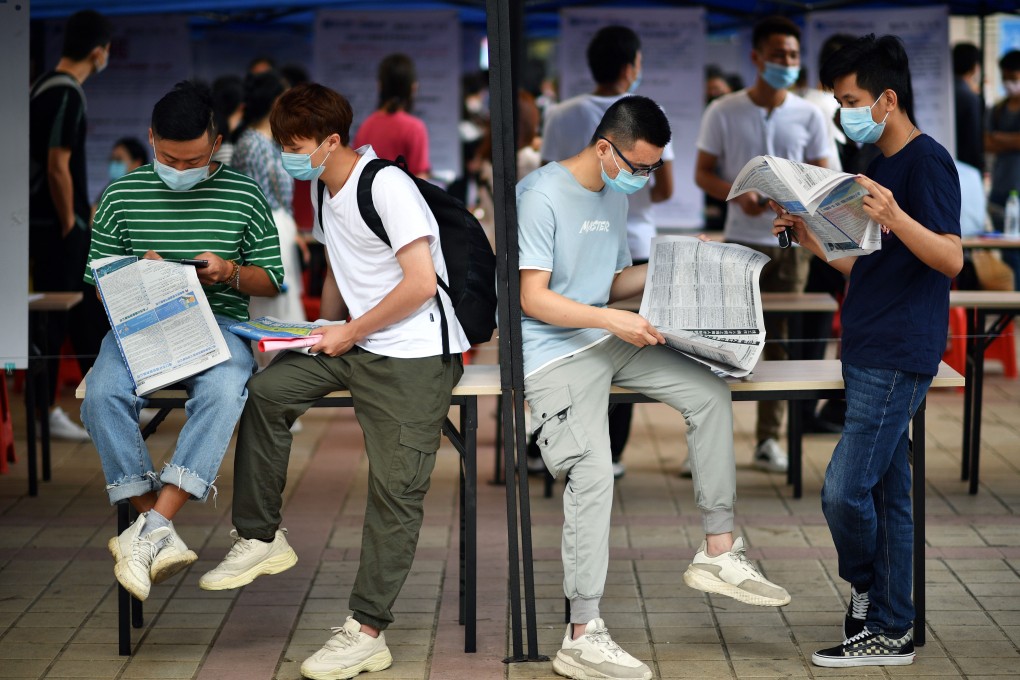Chinese game developer denies ‘pay to work’ offer after job post sparks controversy amid tough job market
- The training programme invited 14 people to ‘co-develop’ a video game, with successful applicants charged US$2,661 for the three-month period
- For the first time in more than two decades, the number of graduates without job offers could significantly outnumber those who have offers

A major Chinese gaming company has denied it is asking college graduates to “pay to work” after a screenshot of a programme that charged “successful” applicants a hefty fee sparked online controversy at a time when tech jobs are becoming scarce for young jobseekers in China.
Shenzhen-listed Perfect World said it is not asking prospective employees to pay to work after a job posting for a training programme at Perfect World Education, an unlisted affiliate, raised eyebrows on the Chinese internet.
According to the post, the programme invited 14 people to “co-develop a multi-gamer survival video game”, and successful applicants would be charged 17,800 yuan (US$2,661) for the three-month period.
The company promised on its website that outstanding graduates can “directly join Perfect World”, but a customer service representative at the firm said that employment is not guaranteed for graduates.
In a statement to the South China Morning Post, Perfect World said the programme offered by its training affiliate was restricted to internal students and not open to the public. “We have received a lot of feedback from students that they want to participate in the development and operation of real-world projects, so we organised the project for them,” the statement said.